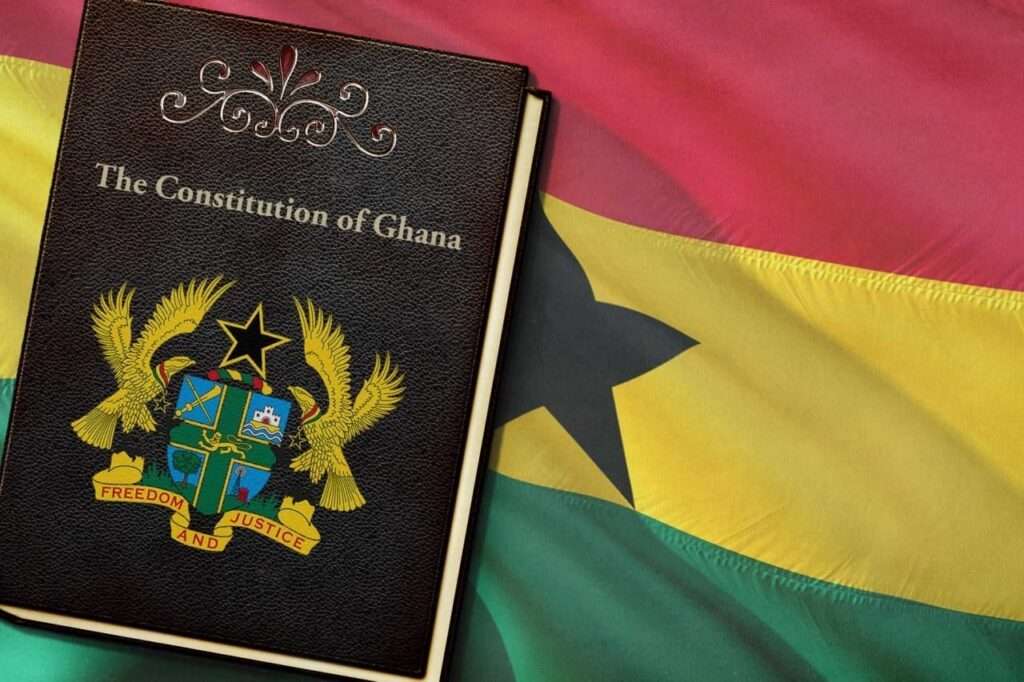Bail remains one of the most contentious issues in Ghana’s justice system, as delays in releasing individuals after bail has been granted continue to fuel public frustration.
Prof. Stephen Kwaku Asare, a legal scholar and Democracy and Development Fellow at CDD-Ghana, has voiced deep concern over what he described as a systematic abuse of liberty through administrative bottlenecks within the “Police Paperwork Department (PPD)”.
He insisted that these delays not only violate constitutional principles but also erode confidence in law enforcement and the broader justice system.
Prof. Asare emphasized that the Constitution leaves no ambiguity regarding the protection of liberty. Article 14(3) clearly requires that any individual in custody must either be released or produced before a court within 48 hours.
To him, reliance on paperwork or verification processes as justification for holding a person beyond this limit is both unlawful and deceptive.
“Bail is not equal to Release Until Executed: Granting bail but refusing to release is detention by another name. It’s unconstitutional and deceptive. Administrative Delay is equal to Administrative Detention: Every extra hour in custody after bail is punishment without trial.”
Prof. Stephen Kwaku Asare
Prof. Asare argued that the police approach to bail often appears driven more by a display of power than by a genuine pursuit of justice.
He noted that the bureaucratic processes surrounding bail are largely needless and seem intentionally structured to restrict individual freedom.
He stressed that verification procedures are frequently weaponized as tools of frustration, serving authority rather than protecting fairness.

This excessive focus on verification, he explained, creates fertile ground for corruption. Endless paperwork and drawn-out surety checks frequently push desperate individuals and their families to pay bribes to speed up the process.
This undermines fairness and reinforces the perception that justice is available only to those who can afford to pay for it.
The impact is particularly severe on the poor. While well-connected individuals or those with resources can often expedite their paperwork, the less privileged are forced to languish in detention.
Prof. Asare lamented that such delays deepen inequality before the law, entrenching the idea that liberty is a privilege rather than a right.
Public Trust, Judicial Authority At Risk Amid Bail Delays
Beyond the immediate harm to individuals, the broader societal consequences of these delays are also alarming.
Prof. Kwaku Asare cautioned that when bail becomes a hollow promise rather than a safeguard of liberty, citizens lose faith in both the police and the justice system.

In such an environment, the rule of law is undermined, and law enforcement begins to be viewed less as a neutral arbiter of justice and more as a political instrument.
He further pointed out that these practices contradict the very principle of judicial oversight. Only a court, he stressed, has the authority to authorize detention beyond the constitutionally mandated 48 hours. “Contradicts Judicial Oversight: Only a court can authorize detention beyond 48 hours. The PPD cannot usurp judicial power.”

For Prof. Asare, the disregard of these constitutional provisions also reflects a failure to learn from history. The 48-hour rule, he explained, emerged as a safeguard against arbitrary detention, particularly during colonial and military regimes.
Any return to administrative detention through paperwork delays represents, in his view, a regression into a past marked by abuses of power.
“Bail as Punishment is Unlawful: Bail is a right to temporary liberty, not a slow-motion sentence. Using red tape as chains betrays the rule of law.
“If Mobile Money (MOMO) is instant, why should liberty crawl through endless files & signatures?”
Prof. Stephen Kwaku Asare
His analysis underscores that bail delays are more than administrative inefficiencies; they represent a fundamental breach of constitutional rights.
Without urgent reform and greater accountability, Ghana risks normalizing a system where paperwork becomes a weapon against liberty, rather than a tool of justice.
READ ALSO: Xandy Kamel Claims Greed Crashing Ghana Movies on YouTube



















